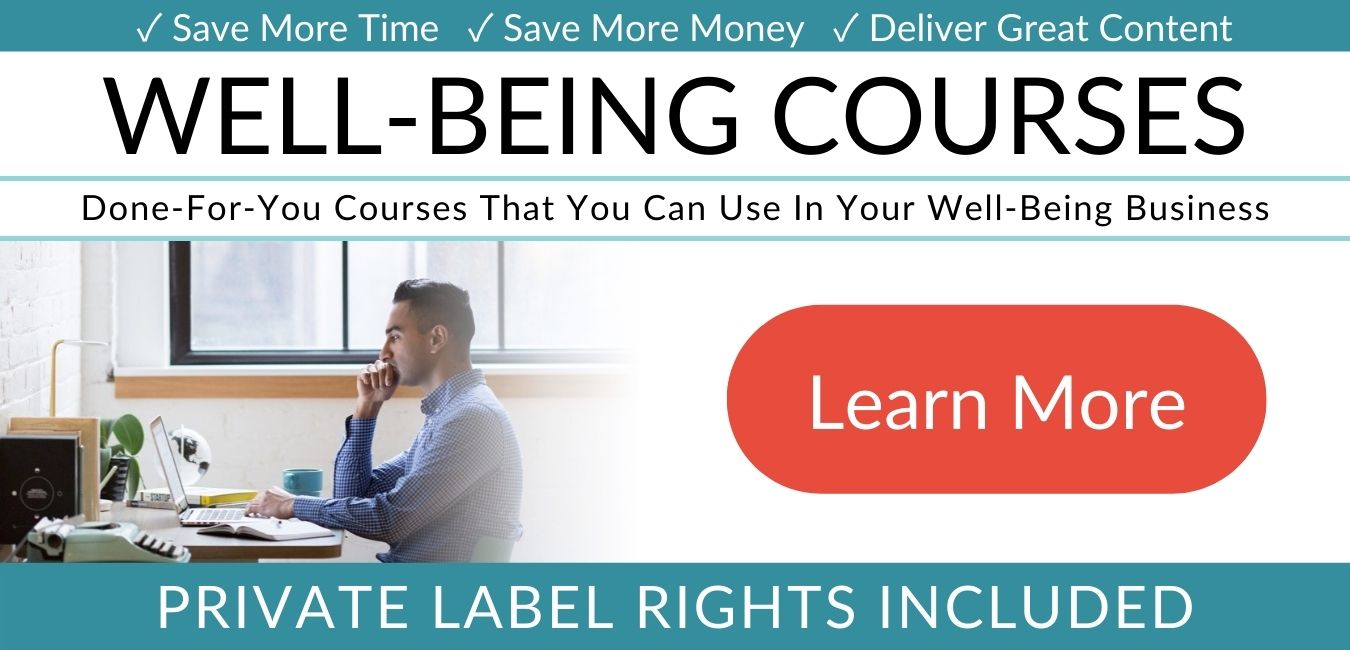How to Live in the Moment: Definition & TipsHow do you get out of your head and start living more in the moment? Discover some strategies that can help you stay present and enjoy your life more.
*This page may include affiliate links; that means I earn from qualifying purchases of products.
What Does It Mean to Live in the Moment?When people talk about living in the moment they are often talking about mindfulness, or “paying attention on purpose, in the present moment, and non-judgmentally to the unfolding of experience moment by moment” (Kabat‐Zinn, 2003). This type of mindful, present-focused living keeps you out of your head, stops you from ruminating on things that went wrong in the past, and lessens the amount of time you spend worrying about what could go wrong in the future. And engaging in rumination or worry have all sorts of negative impacts on our well-being. As a result, living in the moment can enable you to enjoy the moment more and feel like your life is more meaningful or fulfilling.
✓ Before we continue on, we thought you might be interested in taking our well-being quiz to learn more about your personal well-being (including your mindfulness and other skills). ✓ Or, if you're a well-being entrepreneur or coach, download our Wellness Business Growth eBook to get expert tips, tools, and resources to share with your audience. Are You a Therapist, Coach, or Wellness Entrepreneur?
Grab Our Free eBook to Learn How to
|
Are You a Therapist, Coach, or Wellness Entrepreneur?
Grab Our Free eBook to Learn How to Grow Your Wellness Business Fast!
|
Terms, Privacy & Affiliate Disclosure | Contact | FAQs
* The Berkeley Well-Being Institute. LLC is not affiliated with UC Berkeley.
Copyright © 2024, The Berkeley Well-Being Institute, LLC
* The Berkeley Well-Being Institute. LLC is not affiliated with UC Berkeley.
Copyright © 2024, The Berkeley Well-Being Institute, LLC




